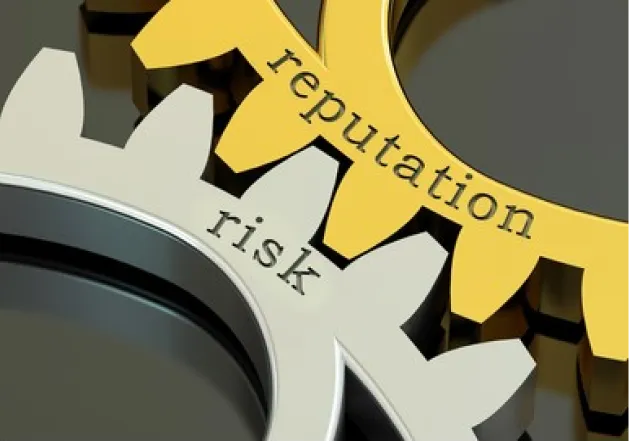#QuickbiteCompliance day 217
Why Reputation is a Bank’s Superpower (and How Criminals Try to Steal It)
Think of a bank’s reputation like a superhero’s cape—if it gets torn, people stop believing they can save the day. Reputational risk is when bad news (true or not) makes customers lose trust in a bank. And once trust is gone, it’s hard to get back.
How do criminals attack a bank’s reputation?
🔸 The Fake Friend Trick – A criminal opens an account pretending to be a legit business, but really, they’re laundering money. When the scheme is exposed, the bank looks careless.
🔸 The Inside Job – A corrupt employee helps criminals move dirty money. When caught, the headlines scream: “Bank Staff Involved in Scam!”—even if the bank didn’t know.
🔸 The Wolf in Sheep’s Clothing – A “charity” or “startup” turns out to be a fraud. If the bank didn’t spot it, customers ask: “Who else are they letting in?”
The Fix? Strong Know Your Customer (KYC) and Know Your Employee (KYE) checks. Smarter tech like #InclusiveRegtech and #OpenSourceAML helps banks stay ahead of the bad guys—fairly and transparently.
Lesson: In finance, trust is the most valuable currency. Protect it like gold.
🔗 Dive deeper into financial crime terms: [ACAMS Glossary](https://www.acams.org/en/resources/aml-glossary-of-terms)
#ReputationalRisk #FinancialCrime #TrustMatters #BankingIntegrity #AML #FraudPrevention #100HariNulis #SmartCompliance

